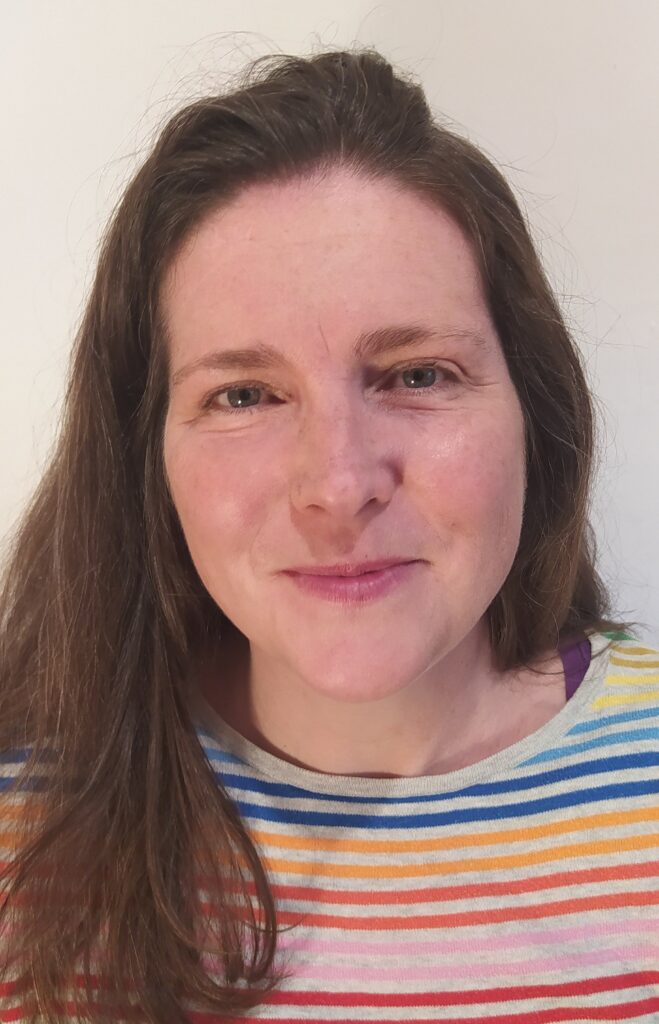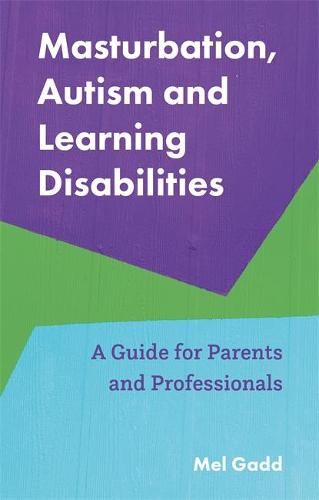Mel Gadd’s book, Masturbation Autism and Learning Disabilities: A Guide for Parents and Professionals is a frank and thorough guide to societal, cultural and religious views of masturbation, how teens develop into sexual beings, the right to be sexual, appropriate public and private behaviour, professional responsibilities and boundaries, and legal aspects of this topic. Here, Mel speaks to us about why this should be a key part of education, and never an off-limits topic.
From practice to publication
Funnily enough, writing a book about masturbation and becoming a ‘go to’ person on the subject was never a life goal for me. It has evolved over the past 20 years of working as a relationships and sex educator, delivering needs-led and bespoke relationships and sex education (RSE) programmes to young people with vulnerabilities via Project Jiwsi in North Wales. Many of the young people and adults I work with have autism and/or learning disabilities and I have been lucky enough to develop my practice alongside what they tell me they want from their RSE.

I ran Jiwsi for the national sexual health charity, FPA, until 2019 when it unfortunately went into liquidation. Myself and my colleague set up the social enterprise, Cwmni Addysg Rhyw – Sex Education Company, to continue the work we believe in. Since setting up Cwmni Addysg Rhyw we have developed and delivered further projects to support people with learning disabilities’ right to have relationships and be sexual.
Appropriate sexual behaviour and understanding the legal and social rules about where and when we can engage in sexual behaviour has been a recurring theme with my work with people with autism and/or learning disabilities. If we don’t communicate clearly about what is ok and where it is ok then how are people expected to know? Are they to pluck it from the ether? Masturbation is rarely discussed as part of RSE programmes normally and certainly omitted or avoided by many parents. Right from the early days of Project Jiwsi in 2002 my colleagues and I were getting referrals regarding coping with inappropriate masturbation and we worked to develop a range of educational solutions and we delivered (and continue to do so) a lot of public and private work!
Alongside delivering direct work with young people, we were contacted by other practitioners who were trying to get to grips with the issue too. I realised that a piece of guidance on the topic would be useful to other practitioners so, along with the support of some fantastic learning disability nurses in North Wales, I developed a guidance document setting out suggested good practice. This guidance developed into a training course and the next obvious step was to submit a proposal for the book to Jessica Kingsley Publishers.

Good relationships and sex education should be like this. Identifying issues that people need support with, not shying away from difficult issues and bringing them out to be explored sensibly. Masturbation is often seen as a ‘no go’ area within RSE, but if it doesn’t get discussed or the responsibilities of being a sexual being aren’t explored then inappropriate, illegal or harmful behaviour will spill out. This can severely impact on someone’s rights, freedom and independence as they may not be able to go out unaccompanied or socialise with other people due to fears about public and inappropriate masturbation or other sexual behaviour.
I hope that my practice at all it’s levels, whether direct work, training, policy or resource development can support people to have the right to enjoy their sexual selves without harming others.
Masturbation, Autism and Learning Disabilities is available now at JKP.com or wherever you buy books.
If you would like to read more articles like this and get the latest news and offers on our books about autism, why not join our mailing list? You may also be interested in our Facebook page or Twitter page.